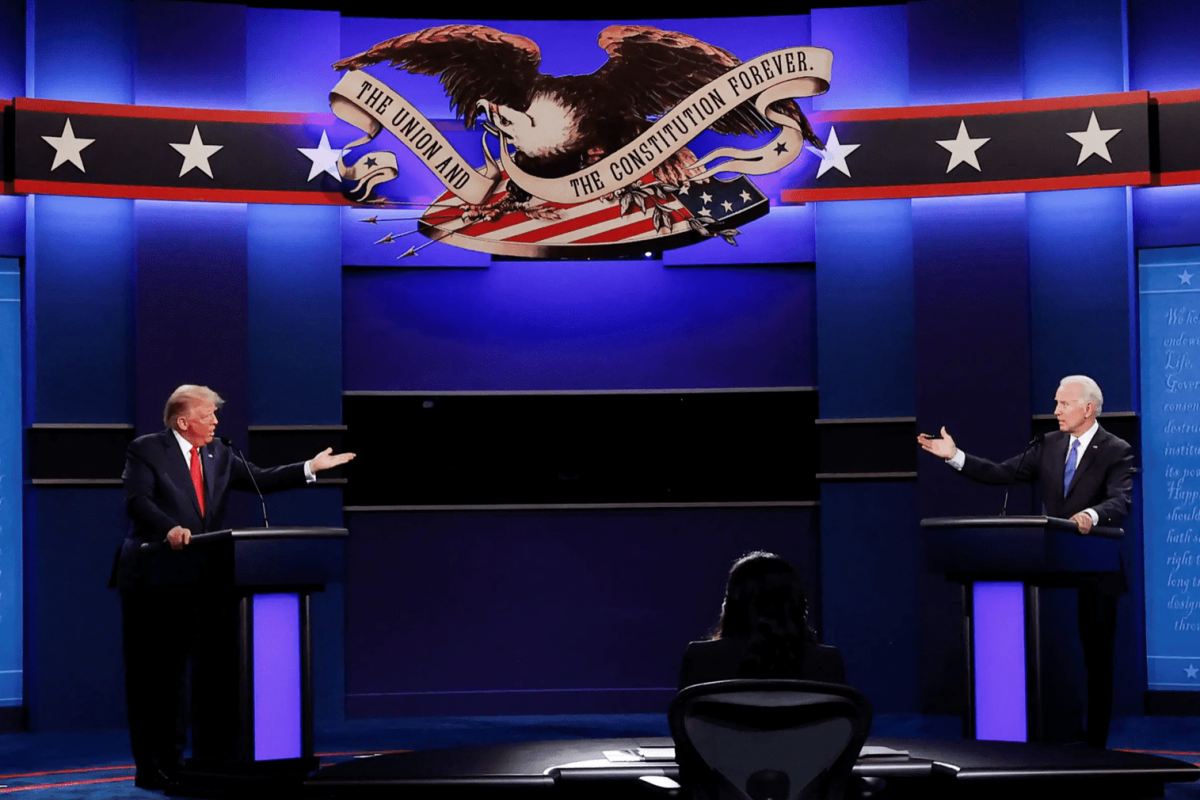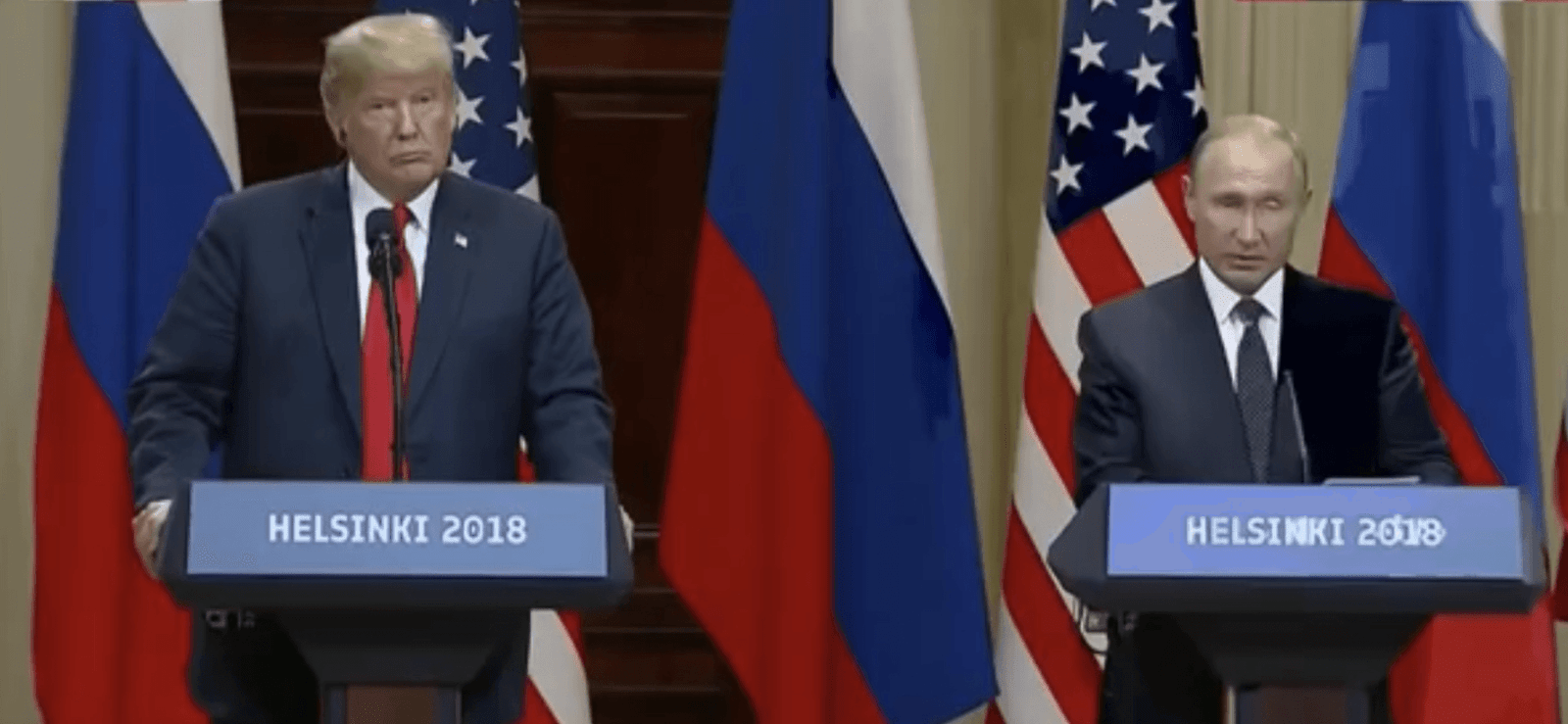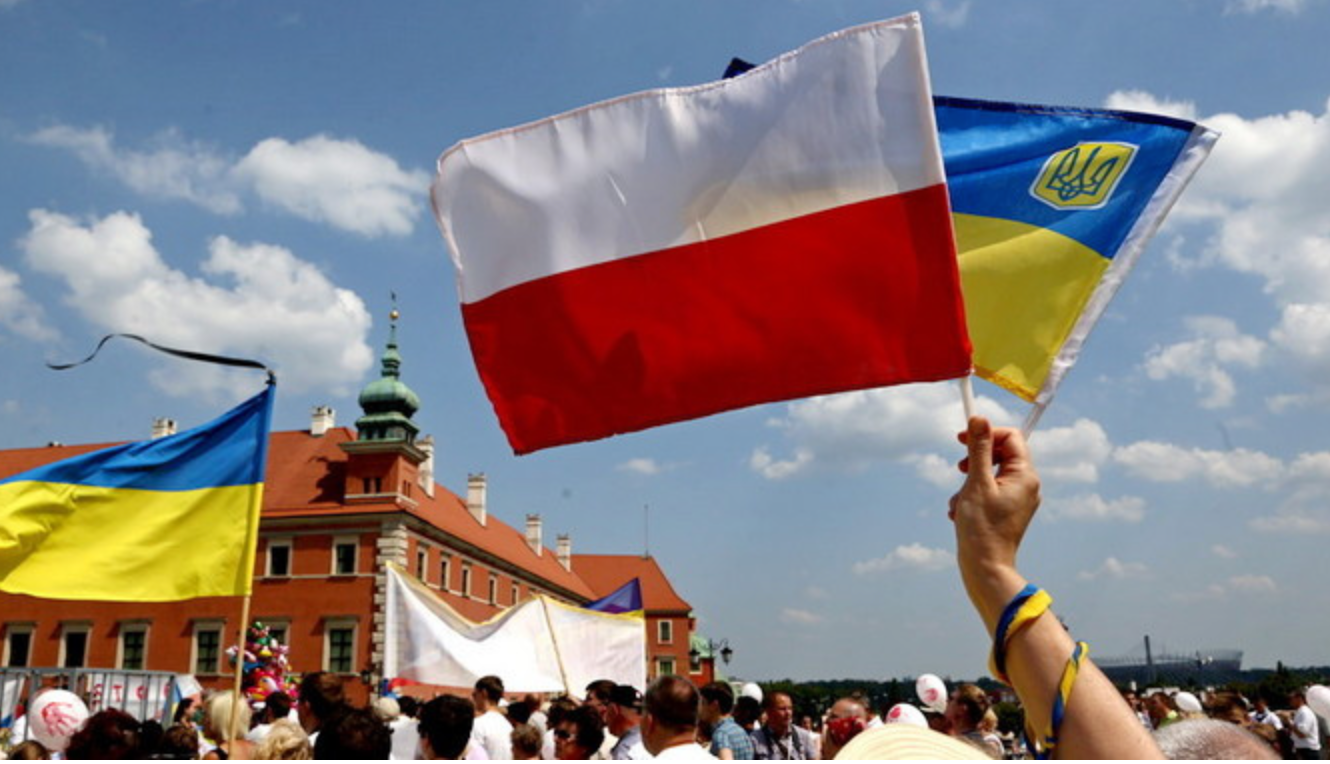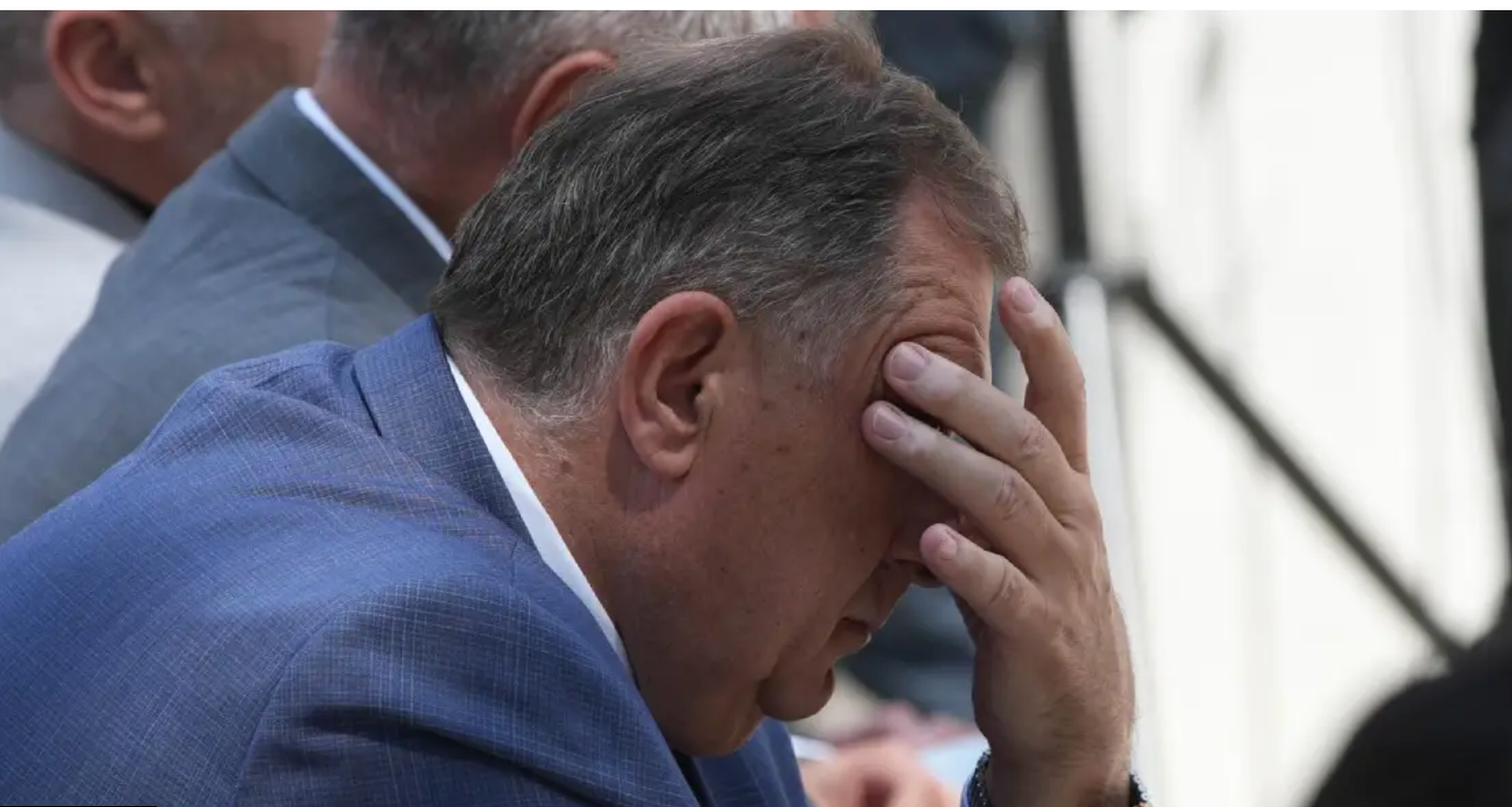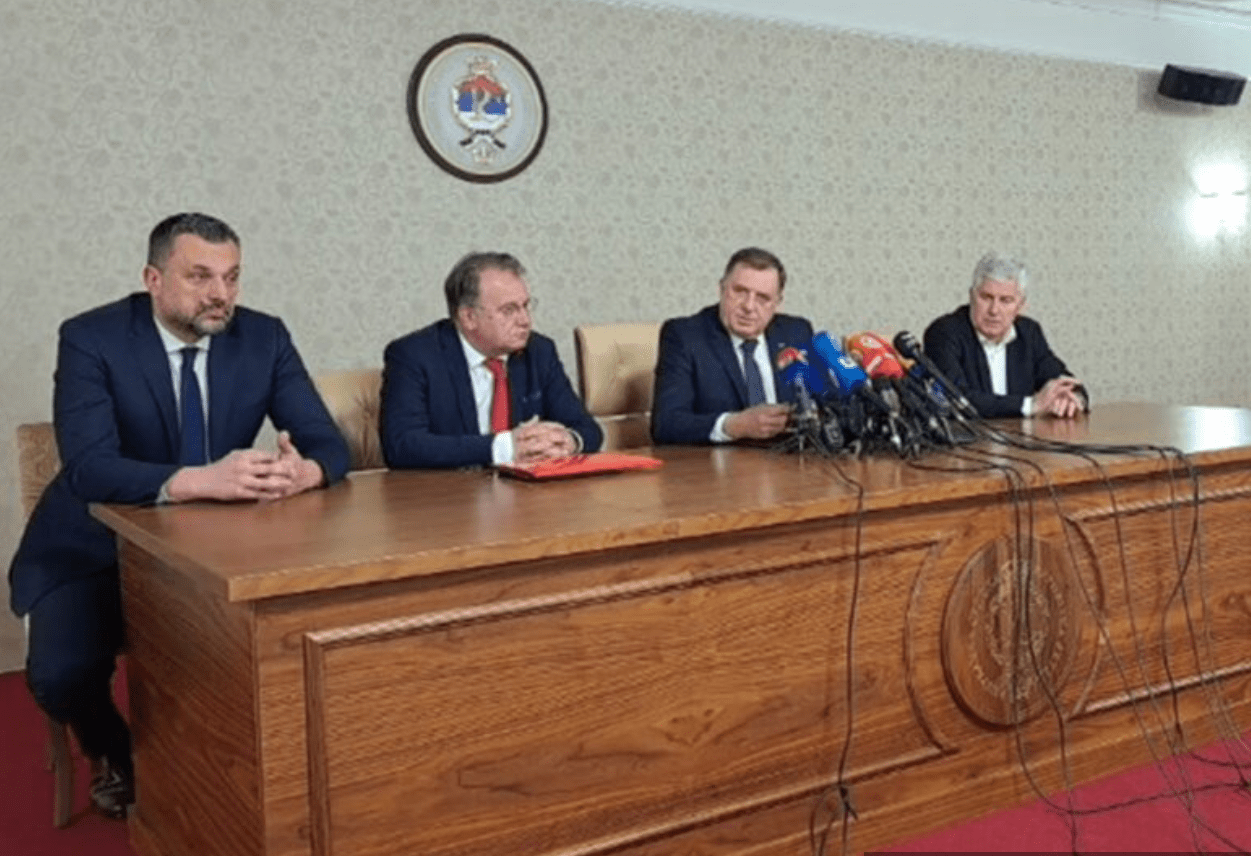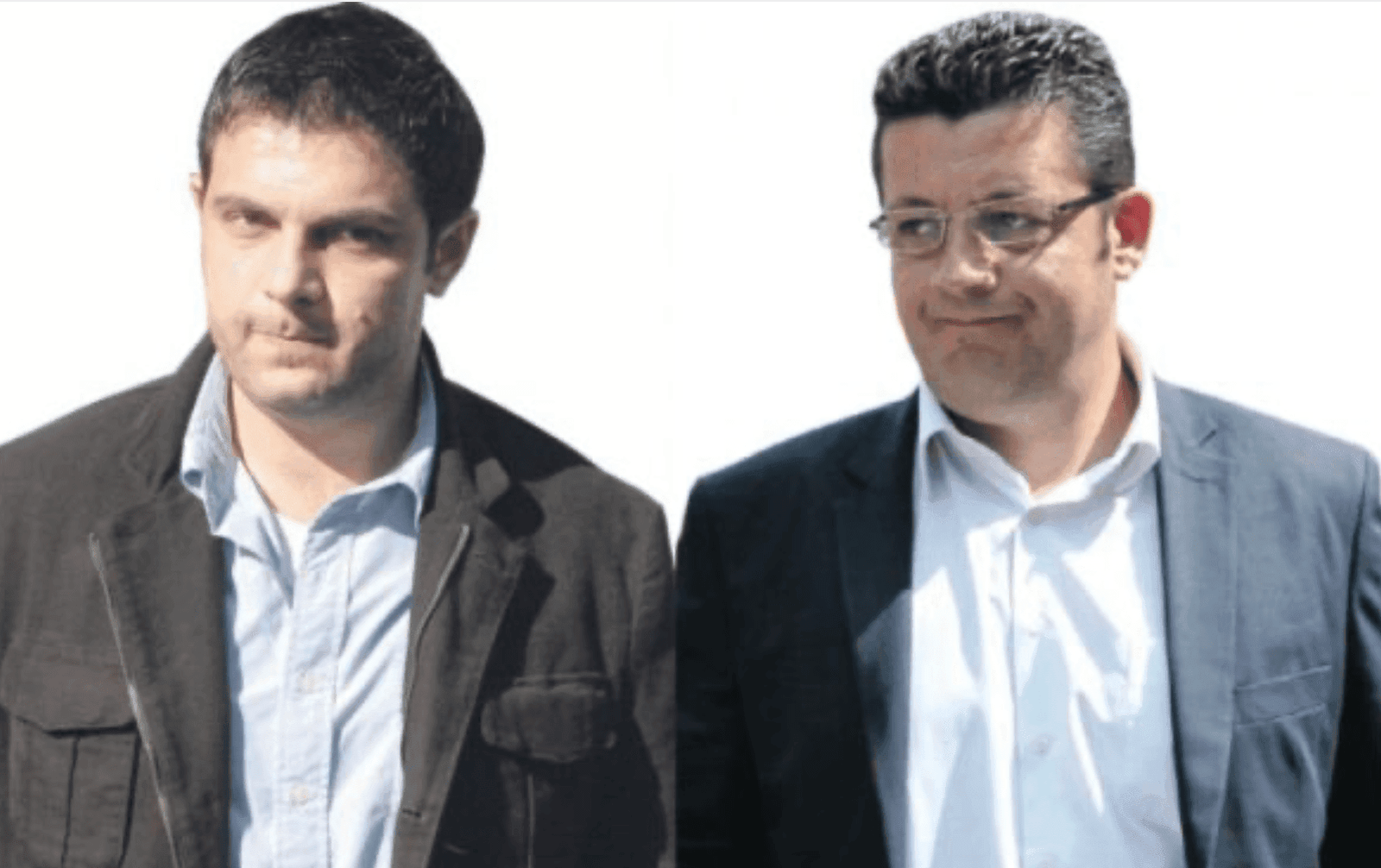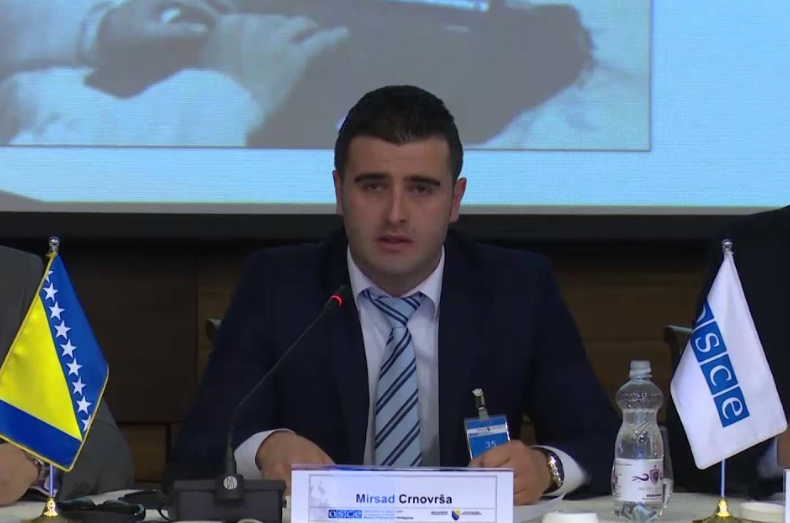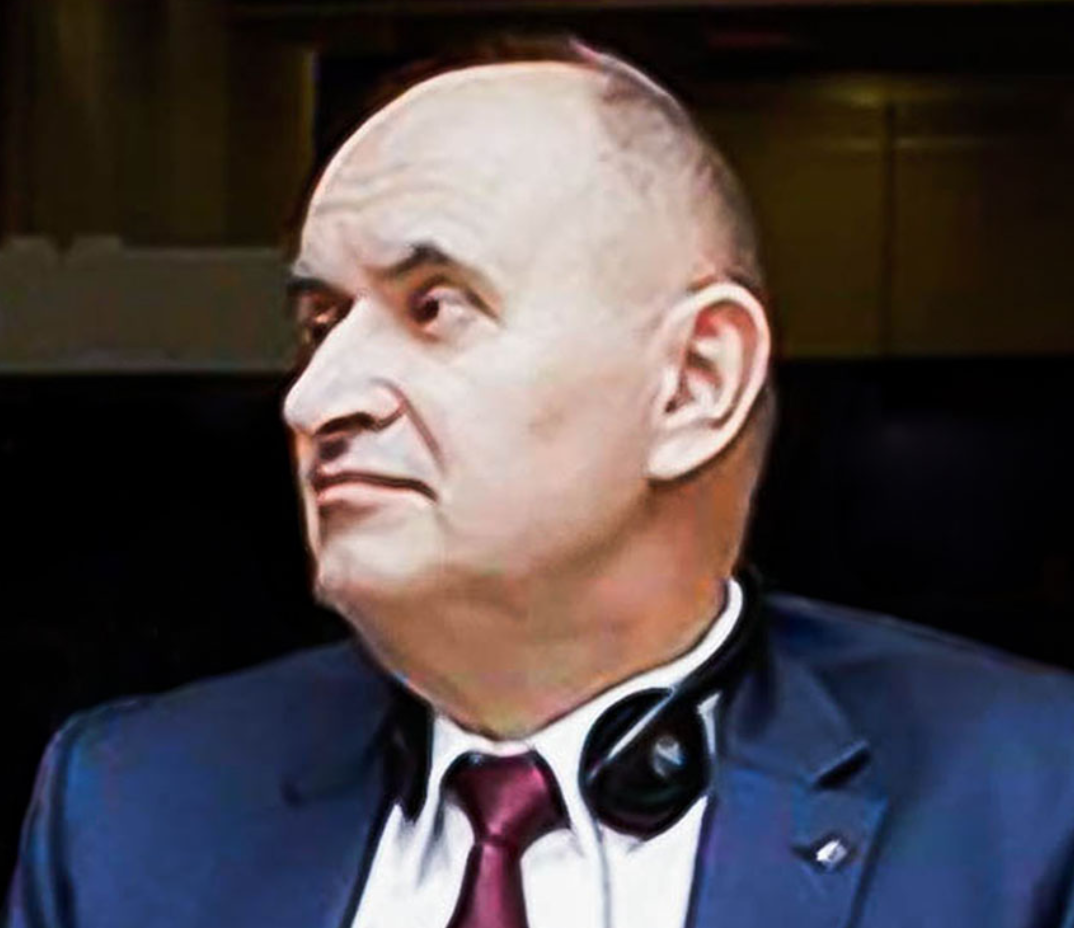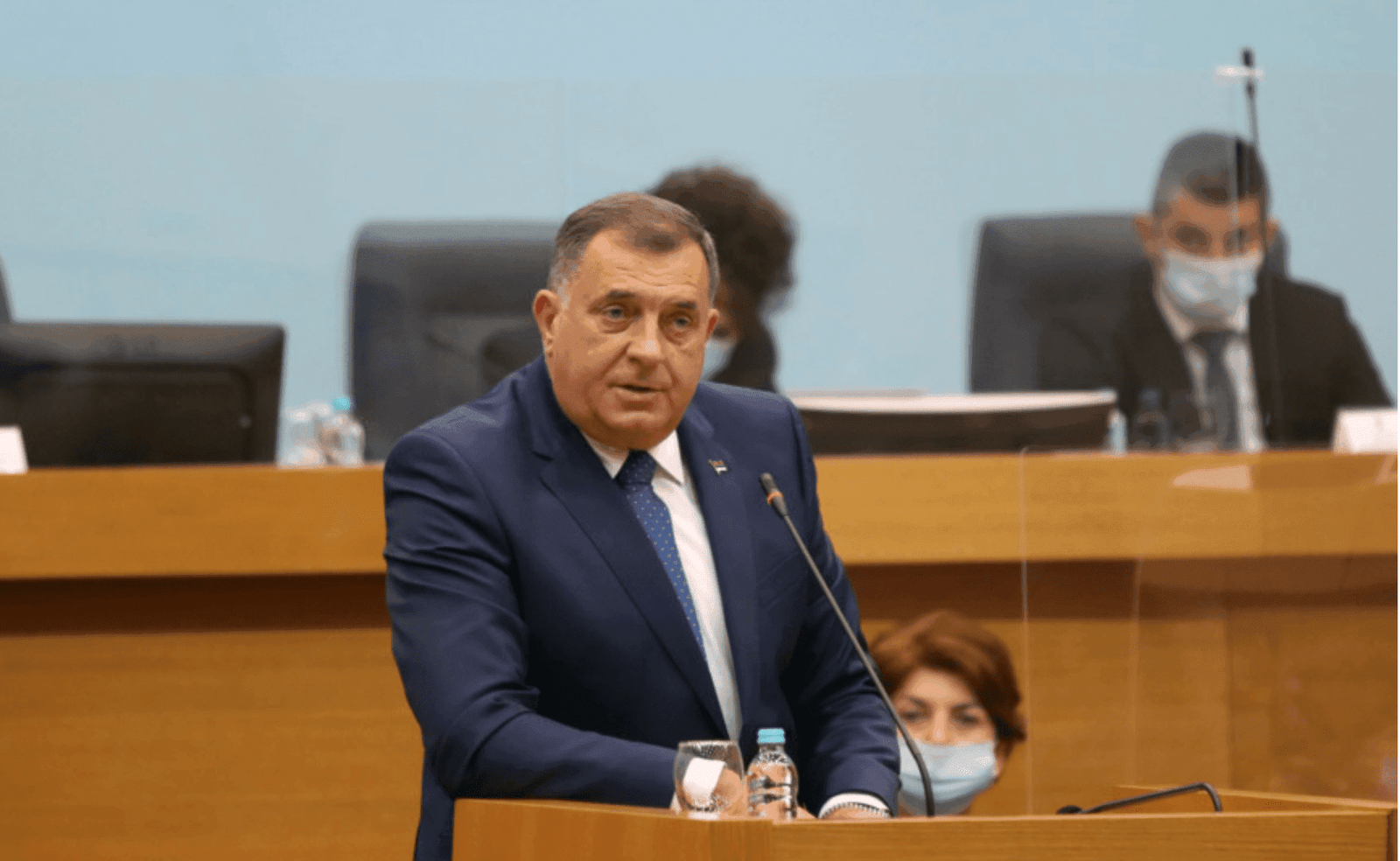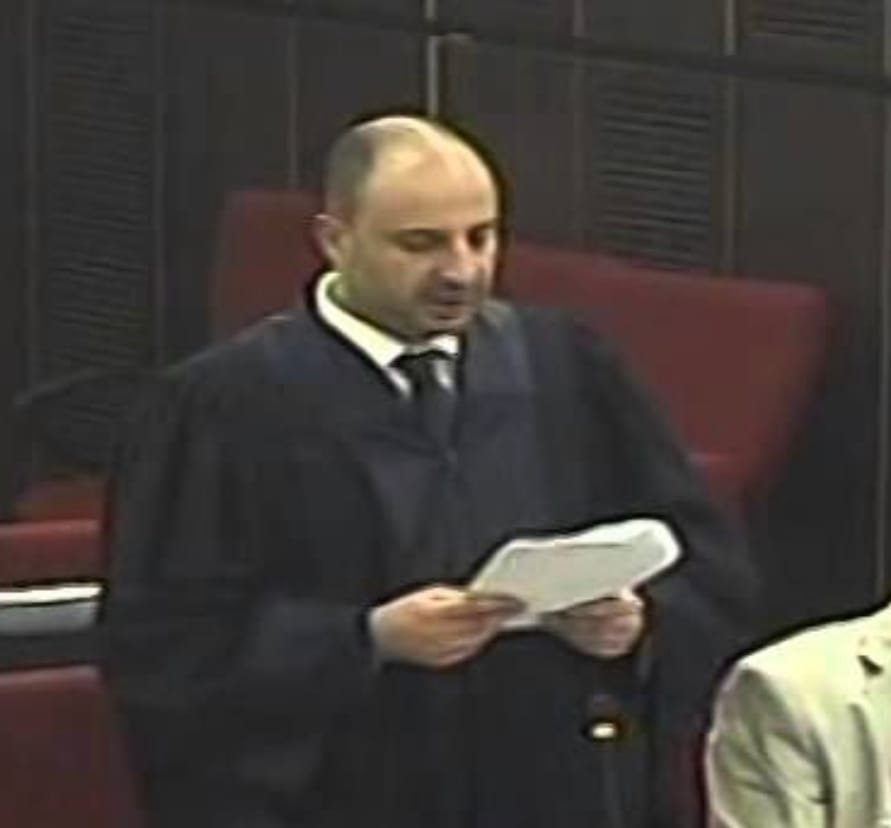Although foreign policy rarely figures as a major campaign issue in US presidential elections, the Russia-Ukraine war may take center stage in this year’s contest. Both Joe Biden and Donald Trump will claim that they have the solution to ending the war to America’s advantage. And both candidates will accuse the other of betraying US interests.
Over the coming six months before the November elections the war in Ukraine will reach a critical point. Either Russia will successfully mount a major offensive and break through Ukrainian defenses or the Ukrainians armed with a massive new inflow of weapons will break the Russian front and liberate larger swaths of territory. In either scenario, the spotlight will be on the reactions of Biden and Trump.
With a clear majority of America’s public supporting military aid for Kyiv, Ukrainian victories in the coming months will bolster Biden’s candidacy. He will claim that his policies were correct and will blame Republicans in Congress and Trump himself for delaying desperately needed military assistance for several months. Conversely, internationalist Republicans in Congress will blame Biden for any Russian victories because of his slow and incremental supply of weapons and lack of clear strategic objectives. Several Republican Senators assert that Biden has failed to articulate that Russia’s defeat is essential not only for Ukraine’s survival but also for global security and America’s national interests.
Trump himself may realize that opposing Ukraine’s victory may not be popular among a majority of voters and could switch to criticizing Biden for his insufficient help to Kyiv. Biden officials remain fearful that a comprehensive Russian defeat in Ukraine will lead to the collapse of the Russian state. Hence, a failure to supply the most important weapons such as long range missiles and fighter jets was the result of calculations by the White House that a peace settlement was still attainable.
Both Biden and Trump will claim they know how best to deal with Russia. Trump blames Biden for allowing the war to erupt and boasts that he can quickly end the conflict because he understands Putin. He is convinced that good personal relations and transactional policies will enable him to make a deal with Russia’s ruler. Many fear that this would entail Ukraine surrendering Crimea and several eastern regions.
Trump is not an internationalist but veers toward isolationism much like US leaders at the start of World War Two. He is unlikely to appoint traditional Republicans but will rely on nativists and protectionists who seek to limit America’s global role. They are naïve about Moscow’s imperial objectives and could be duped by Putin’s with promises that the Kremlin will not restart the war after consolidating its current gains. Additionally, Trump does not comprehend how a Russian victory will embolden China and Iran to push their own expansionist agendas.
Military funding for Ukraine will continue to figure in the presidential race. Isolationist Republicans claim that the recent aid could be the last major package for Kyiv that passes through Congress. The next infusion of weapons may be needed by early 2025 and Trump will argue that America must primarily fund its domestic needs. Congress may have a decisive voice but at present it is unclear which party will control either chamber. Senate Republicans are more internationalist than their counterparts in the House of Representatives, support military aid to Ukraine, and are more likely to challenge Trump’s isolationism.Conversely, Trump can claim that he was instrumental in releasing funds for Ukraine and could even soften his position by structuring future assistance as a forgivable loan to Kyiv.
An equally dangerous scenario to Russia’s victory in Ukraine is an American military withdrawal from Europe. Both would bring a NATO-Russia war closer. Trump has warned that the US will not defend states that fail to allocate 2% of their Gross Domestic Product for defense. He may scale back America’s troop presence and pursue a grand deal with Moscow with regard to European security even over the heads of staunch allies such as Poland and the Baltic states.
Worries about what Trump might do with NATO triggered the U.S. Congress to write into law a requirement that the legislative branch must approve any US withdrawal from the Alliance. But this may not prevent Trump from ignoring the article five security guarantees and refusing to send US troops into battle even if a NATO member is invaded.
A NATO-skeptic American President could presage trans-Atlantic rifts, encourage Russia’s aggression toward neighbors, and create division between the European allies. A US military downsizing or withdrawal from NATO would cause a leadership vacuum in Europe. It may encourage Germany and France to pursue their “strategic autonomy” plans. However, without a significant military component this initiative will not be accepted by the UK, the Central Europeans, Nordics, and other NATO members most directly affected by the threat from Russia.
A second Trump presidency would place Poland in a particularly pivotal position in European NATO because of its strategic location and military clout. As the growing core of the Alliance, Poland would most likely become the primary target of Russia’s aggression against NATO. Warsaw may calculate that if the broader Alliance is becoming redundant then it will need to create a smaller and better prepared security coalition – a mini “NATO of the willing” – to deter or combat Russia.
Poland will also try to develop a stronger bilateral security relationship with Washington regardless of whether Biden or Trump are elected in November. Trump may actually favor closer military ties that disregard NATO and defense laggards such as Germany. He has praised Poland for its defense spending and maintains a close personal relationship with Polish President Andrzej Duda.
Janusz Bugajski is a Senior Fellow at the Jamestown Foundation in Washington DC. His recent book is Failed State: A Guide to Russia’s Rupture. His forthcoming book is titled Pivotal Poland: Europe’s Rising Power.


